GM Phone Home
Stations get new leaders who grew up watching and living in their backyards
The smarter way to stay on top of broadcasting and cable industry. Sign up below
You are now subscribed
Your newsletter sign-up was successful
Bob Simone grew up in Springfield, Massachusetts, watching WWLP on his parents’ black-and-white TV set. Two years ago, Nexstar Media Group named Simone general manager of WWLP and the company’s other operations in Springfield.
Sean Trcalek remembers the whole town of Abbeville, Louisiana, tuning in to KATC in Lafayette when he and his high-school football teammates were interviewed by the station’s sportscaster. In July, the E.W. Scripps Co. named Trcalek general manager at KATC.
Mari Ossenfort recalls watching Captain 11, the nation’s longest-running children’s show, on KELO Sioux Falls, South Dakota, and going down to the station with her mother and her aunt to see the show on her birthday. This month, Ossenfort was named general manager of KELOland, Nexstar’s broadcast and digital business in the Sioux Falls market.
The old adage says you can’t go home again. But in local TV, where getting ahead often means hopscotching the nation to take a string of bigger jobs in bigger markets, some local broadcasters have prioritized going back to where they were born or where they started out in the business. Recently, several of them have reached what they call the pinnacle of their careers by being tapped to run their hometown station. In many cases, those stations are legendary within their market, with historic legacies of serving their communities.
“Any time you’re serving the needs of a community that you grew up in, that you’ve spent a lot of time in, it does become very personal,” said Pat Nevin, named general manager of Cox Media Group’s KIRO Seattle in May. His father lived in nearby Bellingham and he started at KHQ in Spokane and KSTW in Seattle before his career took him to markets including Memphis, Tennessee; Phoenix; San Diego; and Portland, Oregon.
“I think we’re done moving,” Nevin added. “There’s really no place that we’d rather be and we couldn’t be happier that we’re back in Seattle and here at KIRO.”
I think it’s a bonus when you find someone with previous experience in the market who can hit the ground running with established relationships with clients and community organizations.
Peter Dunn, president, CBS TV Stations
You Can Go Home Again
The smarter way to stay on top of broadcasting and cable industry. Sign up below
While many local TV managers parachute into unfamiliar towns in far-away parts of the country and work to get up to speed on local customs and cultures, broadcasters returning to their old stomping grounds enjoy home-field advantage.
That’s particularly important right now, with the COVID-19 pandemic requiring most station employees to work from home and cutting into advertising revenues. On top of that, many markets are dealing with social unrest and natural disasters.
Since no one seems to track the hometowns of TV-station general managers, it’s not clear if we’re looking at a coincidence or a trend. “It is probably the same as usual but the pandemic has potentially shifted things around,” said Bill Hague, executive VP with TV consultant Magid. “Maybe more folks are looking to work where they grew up. I know a ton of young folks in our company are headed out of New York City and all are moving closer to home. It’s definitely interesting.”
In addition to Trcalek in Lafayette, Scripps last year installed Buffalo native Marc Jaromin as VP and general manager of WKBW, the ABC affiliate there. Jaromin had been WKBW’s local sales manager early in his career.
“Market familiarity is certainly one factor in our decision to tap a particular candidate to lead one of our stations,” said Brian Lawlor, president of local media at E.W. Scripps Co. “We know that it helps produce authentic storytelling, build relationships with advertisers and establish meaningful connections with the newsroom and the community it serves. That said, there are many characteristics and skill sets that contribute to our decisions — chief among them is simply great leadership.”
“First and foremost, it’s always about finding the best person for the job,” said Peter Dunn, president of CBS Television Stations and general manager at WCBS New York. “That’s No. 1. Having said that, I think it’s a bonus when you find someone with previous experience in the market who can hit the ground running with established relationships with clients and community organizations.”
Dunn should know. He grew up on New York’s Long Island and as a kid used to go to work at the CBS Broadcast Center with his father, John Dunn, an engineer for CBS and WCBS. He started his career in Buffalo, but came home to New York to work at WABC and WNBC, as well as WCBS.
Here are stories of some of the new GMs in their hometown markets.
Sioux Falls, South Dakota
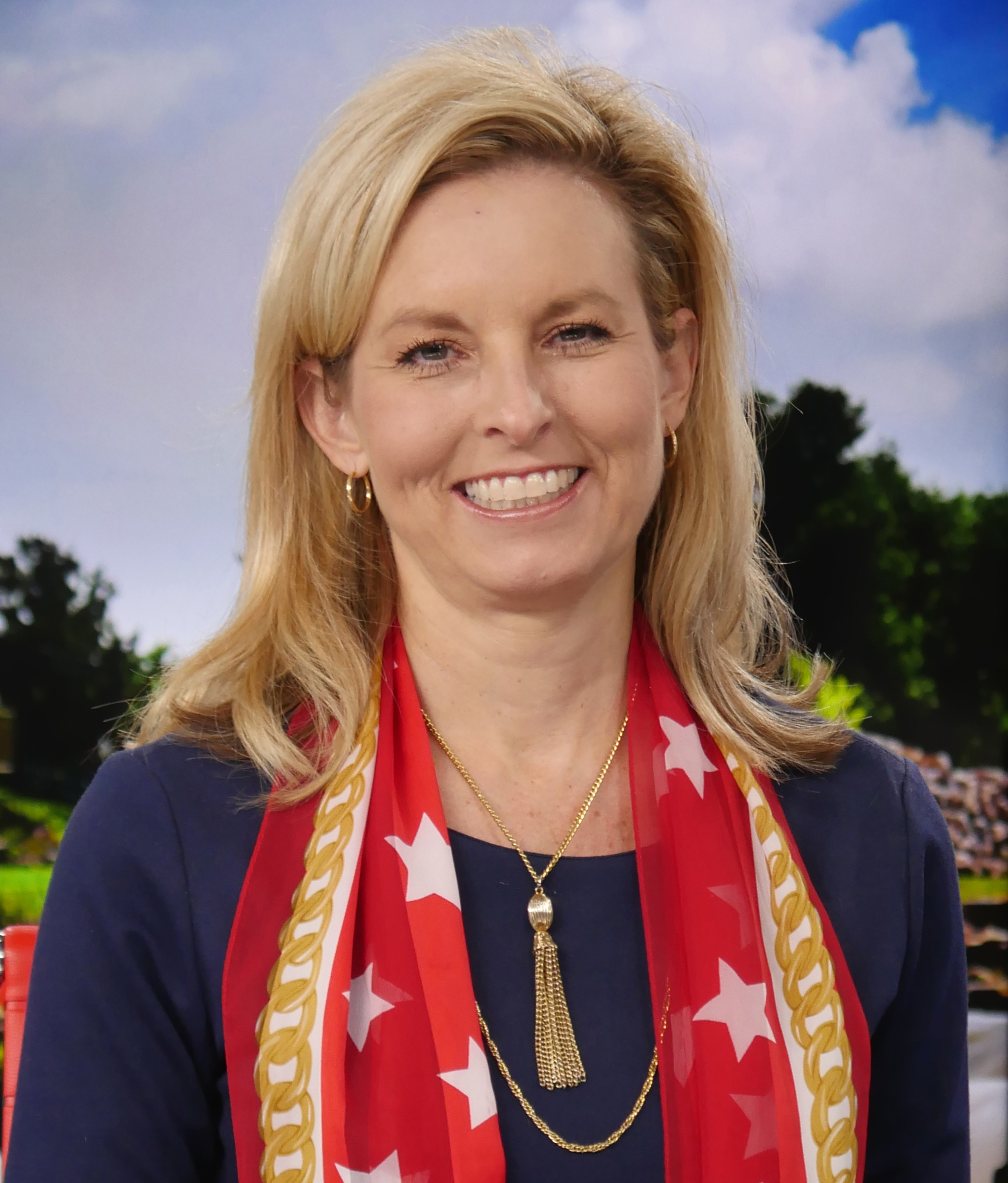
Mari Ossenfort was born in Mitchell, South Dakota. Her family moved around the area before settling in Yankton, South Dakota, and she went to the University of South Dakota, all of which are within the five-state region covered by KELO. She even did her college internship at the Mount Rushmore National Memorial, which is also in the DMA.
In addition to Captain 11, she remembers watching The Big News, which was what KELO called its newscast back then. Sportscaster and weathercaster were among the things she wanted to be growing up.
Her first job was in Houston as one of the first 50 people to work at The Mattress Firm, whose founders were from South Dakota and recruited from the University of South Dakota. She learned the power of advertising as the company grew. When the company moved her to Denver, she felt the urge to come home.
Ossenfort got a job at Fox affiliate KTTW Sioux Falls the year Fox started airing NFL games. She moved across town to NBC affiliate KDLT and had been promoted to general manager when a call came from Bill Marcil Jr., who ran Forum Communications in Fargo, North Dakota. After rebuffing Marcil’s calls for months, she finally agreed to a meeting and was offered a job as VP of broadcasting.
“I think we’re moving to Fargo,” she told her husband.
After four years in Fargo, Ossenfort grew homesick and when the general sales position opened up at KELO, she was hired by GM Jay Huizenga. When Huizenga decided to retire, Ossenfort was named GM.
“The people here are so talented,” she said of wanting to work at KELO. “I wanted to be part of that team.”
Being from the market helps. “I know the tradition of KELOland,” Ossenfort said. “We’re all about serving our community. It’s a great group of people and they will continue to carry that legacy forward.”
She’s also proud to be a part of the Nexstar Nation, headed by Perry Sook. Asked on her first day in the new office what it would take for her to move again, Ossenfort conceded that “you never know what the good Lord has in store.” She had offers to go to bigger markets in the past and, if Nexstar thought she could help in another position, she’d be open to it.
“But right now, I’m taking everything one day at a time and making sure that I’m the best general manager and that KELOland is the best station in the region,” she said.
Lafayette, Louisiana
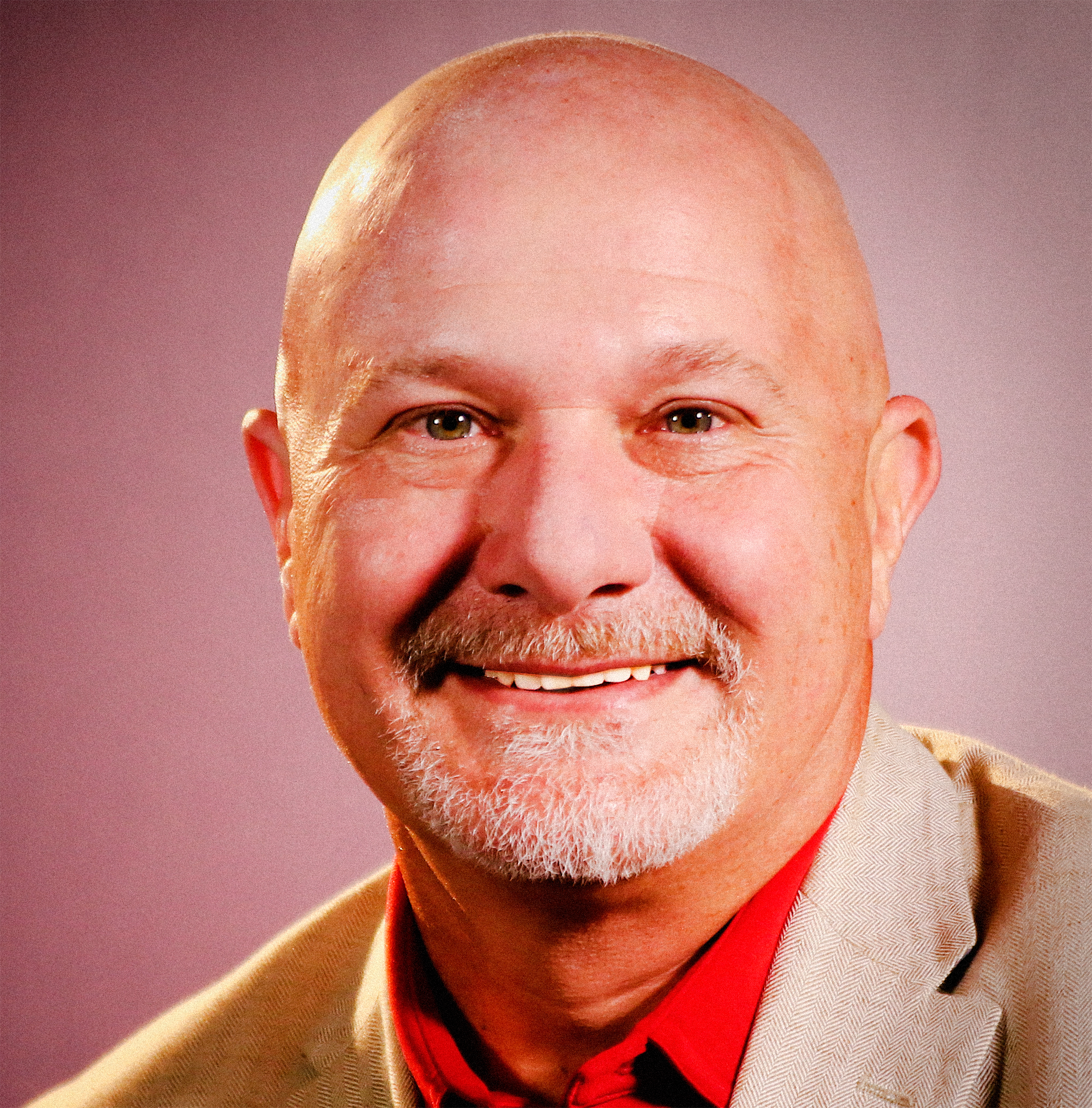
For new general manager Sean Trcalek — first name pronounced Seen, last name Ter-Cha-Lick — this is the third time around at KATC. “It’s a testament to never burn a bridge,” he said.
Trcalek watched the station growing up in nearby Abbeville. A disc jockey in high school and college, when he graduated from the University of Louisiana at Lafayette a friend told him KATC was looking for rookie salespeople. He interviewed and got the job as a local account manager and worked his way up to national sales manager. He moved to the NBC affiliate in Monroe, then the CBS affiliate in Knoxville, Tennessee. While there, he became national spot sales manager for The WB’s virtual TV stations in small markets. The WB job was eliminated and he was going through a divorce and decided to go back to Lafayette and KATC as regional sales manager.
“I made a decision that I wanted to decide where I wanted to live and figure out what to do there in order to live there, rather than figure out what I want to do and going wherever I have to in order to do that,” Trcalek said.
He moved over to Lafayette’s Fox affiliate as director of sales and was promoted to GM.
“I thought I’d stay there forever,” Trcalek recalled, until Scripps moved the GM at KATC, Andrew Shenkan, to its station in Lexington. “I thought, well, I’m happy with what I’m doing, but I think I owe it to myself to throw my name into the hat. And lo and behold, I got the job.”
KATC is more than a job. Trcalek met his current wife there. She’d been a reporter and assistant news director and now works for the parish government. When his twins were born, it was announced on the station’s newscast. And later, when his wife had their son, her staff announced that on the air as well.
Having been in the market for most of his life, he knew the business community, the local officials and the head of the area’s nonprofits, which he says gives him a perspective a newcomer to the market wouldn’t have.
“Several of the department heads told me they expected that Scripps would hire somebody from, as we say down here, from up north, who would come in and homogenize the station,” he said. “It’s a big difference when you know that somebody is not just passing through.”
When he got the job, he was bombarded by family and friends with birthday wishes and suggestions for the stations. That’s what happens when you’re the hometown boy and you’re running the local TV station, Trcalek said.
“Being in charge of the television station in your hometown is a huge responsibility,” he said. “It is also a huge accomplishment. I would say that I’ve got a very important job and a job that can have an impact. You know, I don’t take it lightly.”
Springfield, Massachusetts

In 2018, Bob Simone became just the third-ever general manager at WWLP Springfield, Massachusetts. His two predecessors each held the job for 30 years. The first was founder William L. Putnam, whose initials became the station’s call letters.
Simone said Springfield is in his DNA. “This is obviously my hometown, having graduated from high school and college here. I met my wife and got married here,” he said. “I grew up watching WWLP on a black-and-white set my parents had when I was a kid.”
Having majored in English and journalism at Western New England University, he wanted to do something in media. “I was lucky to be in the right place at the right time to get hired at our local TV station.”
Simone started working part time as a product assistant working weekends and nights. He progressed to full-time and switched to sales. When the company started up KSTU, an independent station in Salt Lake City, he moved there as station manager.
After that he worked in stations in large markets (Philadelphia, Chicago), and became GM for the first time at Fox’s KDVR Denver. He erected a new building and launched a news operation. “We built that station into a powerhouse,” he said. That got him promoted to GM at Fox’s WTXF Philadelphia.
After Fox, Simone did consulting for a year before joining A.H. Belo, running a duopoly in Tucson, Arizona. Then he moved to WLNS in Lansing, Michigan. The station was bought by Media General, which acquired LIN Television, the owner of WWLP. “All of a sudden I was in the same company as my hometown station,” he recalled.
When GM Bill Peppin announced plans to retire, Simone put in for the job.
“I thought, ‘Yes, it’s a great time to go back to my hometown that I love,’ ” Simone said. “My wife’s family is here, I have a son and grandchildren in Boston.”
To Simone, WWLP is special. “This is a tremendous legacy TV station,” he said. “And you know, my job is to perpetuate that legacy. Fortunately. I have a very senior management team here and, you know, they have been phenomenal in terms of keeping this station a very strong No. 1.”
And Springfield is special for him. “Your first TV station has an impact on you,” he said. Going back to familiar territory also has its advantages. “There’s a quick uptake when you come back to your home market. We didn’t live here, but we had family here, so we’d travel back for weddings and family events. I subscribed to the West Springfield Record, which is my hometown newspaper for my entire life.”
That gives him an advantage, knowing the people, the history and idiosyncrasies of the market. Like what? “Oh, I’m not going to tell my competitor,” he said.
“William L. Putnam used to say Western Massachusetts is a great place to live, work and play and I'll never forget that,” Simone said. “He’s absolutely right. I feel like I'm in the right place.”
Seattle, Washington
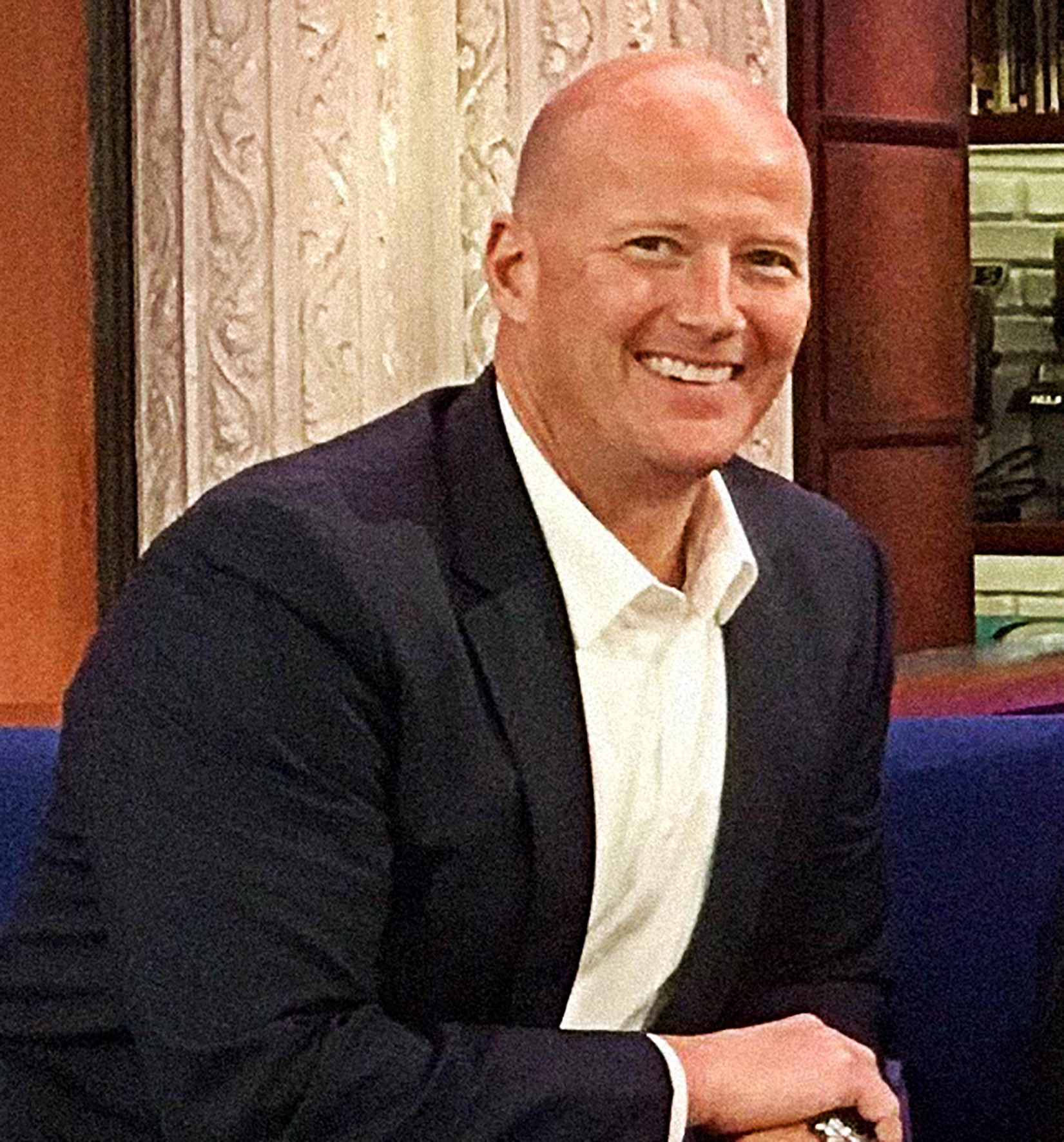
Pat Nevin, VP and general manager of KIRO, grew up spending the school year with his mom in Spokane and summers with his dad in Bellingham, just north of Seattle. He and his dad would watch Walter Cronkite on KIRO.
Nevin’s uncle was John Yarno, who played center for the NFL’s Seahawks and was teammates with Steve Raible, who became a sportscaster and news anchor at KIRO and retired in June after 38 years on the air.
HIs first job in TV was at NBC affiliate KHQ Spokane; he then moved to KSTW Seattle, becoming sales manager there. He left the Northwest to become director of sales at Fox’s WHBQ in Memphis, then, after three years, moved back for a job with Fox Sports Net Northwest.
Fox moved Nevin to Phoenix as director of sales at KSAZ and KUTP. After two years, he was named general manager. That was followed by running the CBS affiliate in San Diego and then getting a job with Nexstar, running KOIN and KRCW Portland, Oregon.
Nevin was back in the Northwest, but his real goal once he got into management was to be general manager in Washington state at either KHQ or KIRO. He had a conversation with Greg Bilte, who was retiring as GM at KIRO, and he was hired by Cox Media Group to succeed Bilte. “So it absolutely came true,” Nevin said.
In all that time in the Northwest, this is the first time he’s worked at KIRO, but he’d visited the GM’s office years ago when he was with Fox Sports Net. “It’s an iconic building that’s right downtown, just two blocks from the Space Needle. I’ve certainly driven by it hundreds of times,” he said. “It’s an interesting time, though, coming into a new station when 80% to 85% of the employees are working remotely.”
Nevin said he’s seen Seattle grow over the years, along with huge companies like MIcrosoft, Amazon, Starbucks and Boeing. “It’s a sophisticated market, but it’s also a market where local news still matters and it’s still very much part of the fabric of the city.”
“I think we are done moving,” said Nevin, whose wife also grew up just outside Seattle. “”We couldn't be happier that we're back in Seattle and here at KIRO.”
Omaha, Nebraska
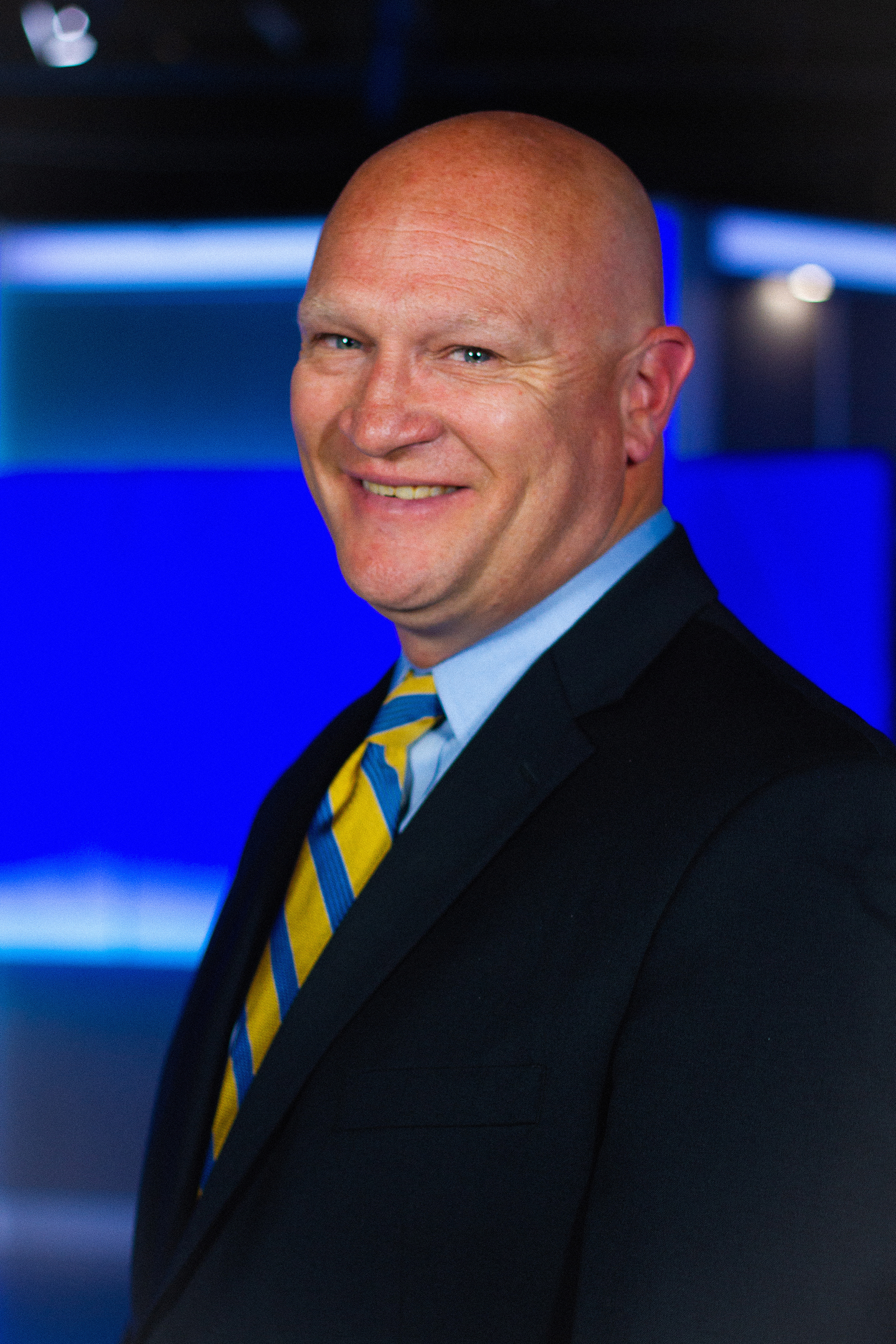
Shawn Oswald, named general manager of Hearst Television’s KETV Omaha in May, was born a Nebraska Cornhuskers fan. Even though he grew up mostly in Denver, where his dad, Randy, was local sales manager at KCNC, they would vacation most summers at the family farm in Aurora, Nebraska.
Oswald remembers his dad preparing for sales calls and seeing his clients’ commercials on the air. When he was a bit older, he’d go on sales calls with some of the account executives. “I remember thinking, this is something that I think I could do,” he said, “This is something I think I would like.”
After college, Oswald got a job at KDNL St. Louis, but quickly moved to KETV. A few years later, Randy Oswald moved to Omaha to run WOWT, the NBC affiliate. “It forced us to find other things to talk about, which was a good thing,” Shawn Oswald said.
To move up in the TV business, Oswald decided to move from market to market, getting jobs at stations in Green Bay and Milwaukee, Wisconsin, and Fort Myers, Florida, until he became general manager of KSNW Wichita, Kansas, where he stayed for 11 years. When the station was sold, he worked in cable for a few years before returning to broadcast as general manager of KHBS/KHOG Fayetteville-Fort Smith, Arkansas.
Then he was tapped to return to KETV as general manager. “It was a market that we loved and I would always consider going back because of the experience we had there,” he said.
Oswald said he was surprised by how many people were still in the business or in Omaha from the first time he was there as a sales person.
“I’ve virtually met with a number of clients that I had that were here from before. It was great to reconnect,” he said.
At the same time, a lot had changed — mainly for the better — including the station’s new facilities in the historic Burlington Station, a former railroad depot.
In a normal year, KETV, an ABC affiliate, would be airing Cornhusker football. But this is not a normal year, with the Big Ten Conference initially canceling the football season because of COVID-19. That hurts from both a financial and emotional perspective. “We’re hoping for, to use the football terms, a Hail Mary here, that we get something to happen in the fourth quarter,” Oswald said.
Whenever football comes back, Oswald will be in a great place.
“I think the specialness of the market and the specialness of the station is something that I have a greater appreciation for because I was here before,” he said. “The group of people that I get to work with is what makes it special. And you know, we had a great group when I was here 20 years ago, and we have an incredible group now.”
Fresno, California
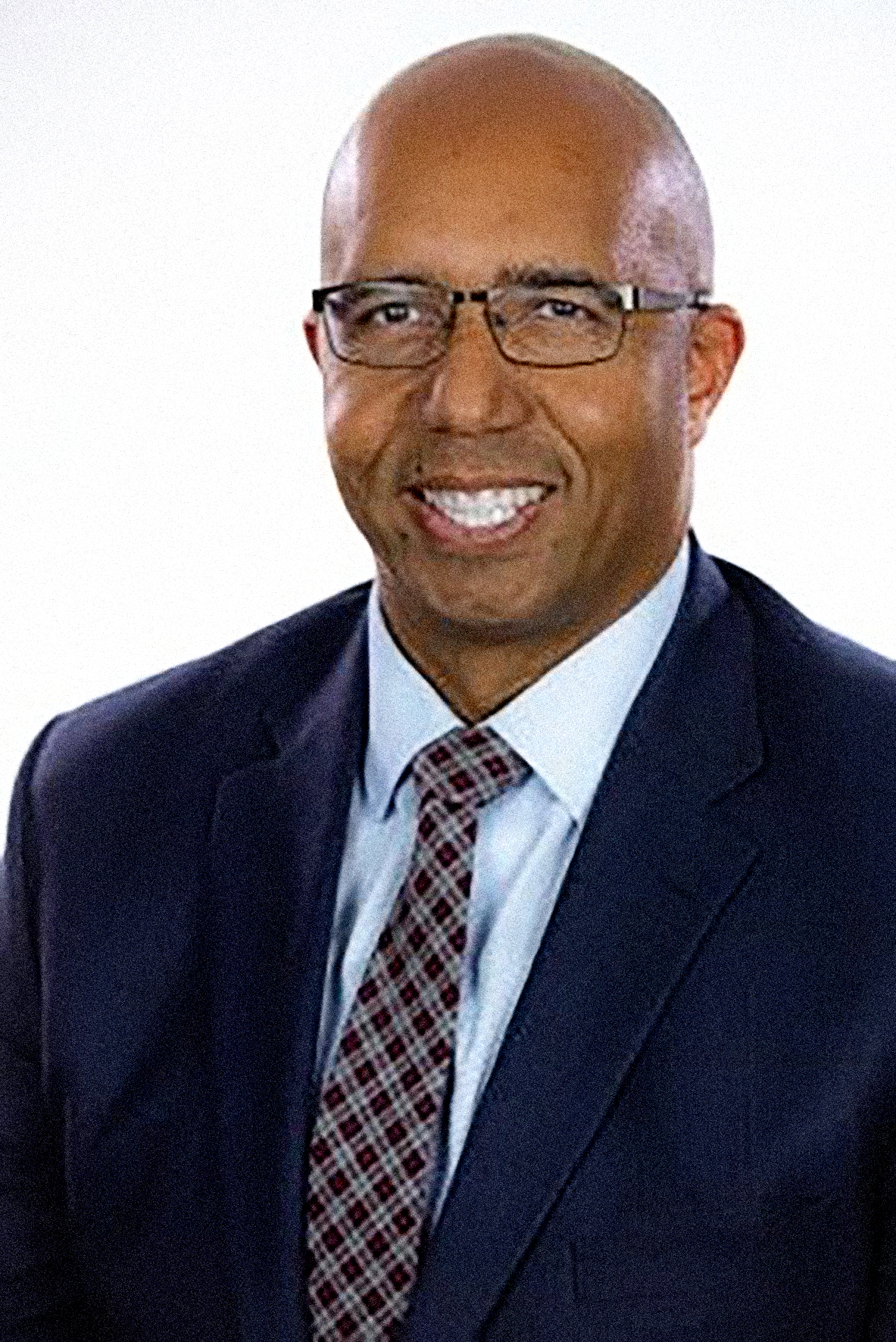
Michael Carr went to California State University (Fresno State) on a football scholarship. In May, he was named general manager of ABC-owned KFSN.
Carr said he was aware of the station while playing offensive line for the Bulldogs. “Once you’re on the team, you turn on the local news to see the highlights and see if your name is mentioned,” he said. “It didn’t take long to see that KFSN had the best coverage.”
One day while leaving the practice field, KFSN sports director Dan Taylor stopped him. He knew Carr was a journalism major and asked if he was looking for an internship. “He gave me his business card and said, ‘Let me know if I can help,’ ” he recalled.
Carr took the internship, which gave him an opportunity to see every part of the station’s news operation. After he graduated, he went back to the San Francisco Bay Area, where he grew up, and got a job at KRON San Francisco. He then came back to work at KSFN. He left again for a job at KXTV in Sacramento. But when KSFN offered a weekend producer position, he came back again. He left Fresno a third time for KGO San Francisco and was lured back to KFSN in order to get on a management path.
By that time, while Fresno wasn’t home, it did feel comfortable. “It happens over time,” he said. “You’re so connected to the stories that you’re telling and you have a bond with the community.” That bond is especially important while covering stories like the wildfires raging in Calfornia. “There are
places I’ve taken my daughter that are threatened by fire. You understand the devastation so much more than just seeing pictures on television.”
That helps make sure the station’s coverage connects with viewers by, for example, focusing on 104-year-old Cressman’s General Store and Gas Station, an iconic stop for anyone heading into the mountains, when it burned down.
Now as a general manager, Carr is learning the other side of the business. He’s establishing new relationships with the market’s business leaders, some of whom he already knew.
Asked if he plans to stay in Fresno or try to advance his career by moving to larger markets, Carr says, “You never know.” For now, “I’ve got my head buried, becoming the best GM for KFSN. The rest kind of takes care of itself.”
No Place Like Home
As Dorothy said in The Wizard of Oz, in broadcasting, there’s no place like home.
“Any time you're serving the needs of a community that you grew up in and that you've spent a lot of time in and around, it does become very personal,” said KIRO’s Nevin.
“Personally and professionally, I do feel like my more than 20 years’ experience as a general manager in four markets is what got me here,” WWLP’s Simone said. “I'm pleased with the way it all turned out. I feel like it is it is a good career accomplishment to come back home. It's something I would highly recommend to everybody.”
Jon has been business editor of Broadcasting+Cable since 2010. He focuses on revenue-generating activities, including advertising and distribution, as well as executive intrigue and merger and acquisition activity. Just about any story is fair game, if a dollar sign can make its way into the article. Before B+C, Jon covered the industry for TVWeek, Cable World, Electronic Media, Advertising Age and The New York Post. A native New Yorker, Jon is hiding in plain sight in the suburbs of Chicago.

